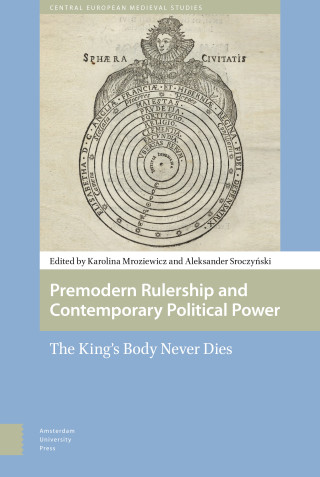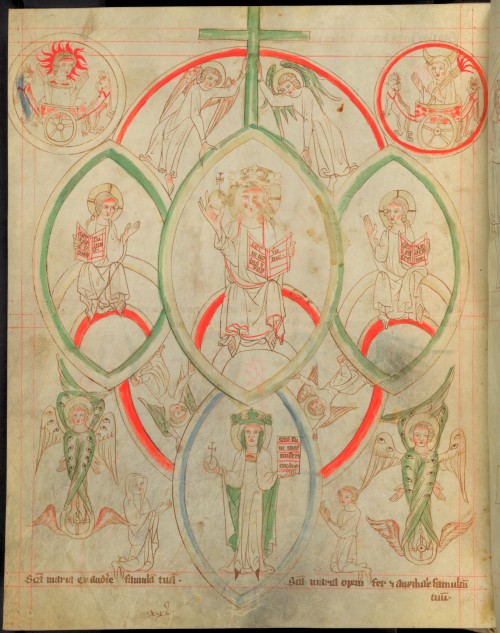
- Series editors
Dr. Nada Zečević, University of Zagreb, Croatia
- Geographical Scope
- Medieval Europe, with a focus on the Latin West and the Byzantine and Slavic East, including the Black Sea, the Holy Land and the Islamic world, as well as the reception of the region’s medieval history globally.
- Chronological Scope
- 500 to 1500 CE, with a slight overlap on either end; for its reception (e.g. medievalism), the chronological scope includes the present day.
- Editorial Board
Dr. Katerina Hornickova, University of South Bohemia
Dr. Cosmin Popa-Gorjanu, University Alba Iulia
Dr. Zsolt Hunyadi, University of Szeged
Dr. Anna Adamska, Utrecht University
Dr. Trpimir Vedris, University of Zagreb- Keywords
- Medieval studies; interdisciplinarity; East-central Europe; Central Europe; Hungary; Poland-Lithuania; Balkan region; Baltic region; Austria; Germany
- Flyer
- Download flyer
Central European Medieval Studies
The series focuses on Central Europe – a region located at the geographical heart of the European continent, and also a region representing various historically charged and changing meanings and concepts. To modern medievalists, Central Europe was a periphery to the medieval “West”, a border between barbarity and civilization; an area of the lively convergence of different ethnic groups and a socially and culturally framed common space; a point where different “Others” met, as well as an intermediary “bridge” between Roman Catholicism and Latinity in the West and Slavic Orthodoxy and Hellenism in the Byzantine East (including the spread of Islam). Recently, the region and its medieval past have often been misinterpreted as the location of a historical clash between antagonistic political and religious forces.
This series yields the latest interdisciplinary scholarly research on the region’s past, its “construction,” its dynamics, and its perception during the Middle Ages (c. 500–1500 CE). Importantly, this series not only focuses on the “core” area of Central Europe (present-day Czech Republic, Slovakia, Hungary, and Poland), but also on its history and the relationships this area developed and maintained with other regions of medieval Europe and its global entanglements, with particular attention to the European West and North, the Mediterranean, the Balkans, the Black Sea and beyond.
Forthcoming titles
- Protagonists of Urban Order in Pre-Modern Times. Actions, Ideas, Concepts, Irena Benyovsky Latin, Martina Stercken, and Tonija Andrić (eds)
- Patterns of Power in Central and South-Eastern Europe in the 1400s. A New History of the Hunyadi Family, Alexandru Simon (ed)

Protagonists of Urban Order from the Middle Ages to the Present
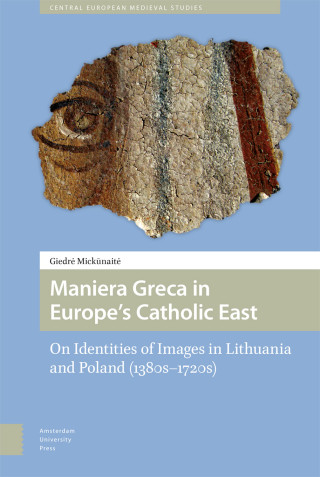
Maniera Greca in Europe's Catholic East

The Velislav Bible, Finest Picture-Bible of the Late Middle Ages
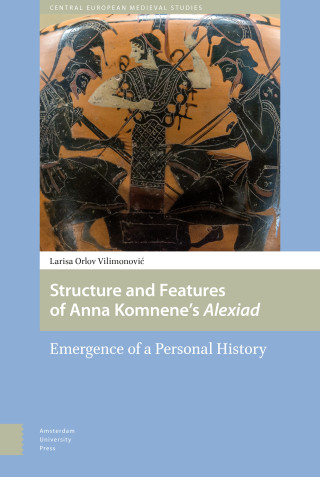
Structure and Features of Anna Komnene’s Alexiad
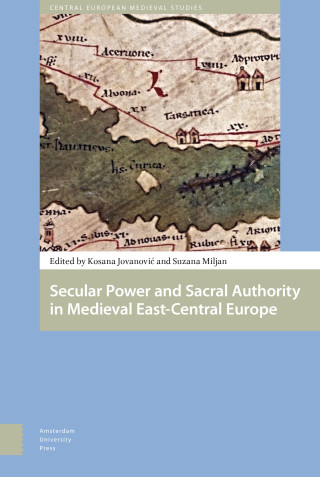
Secular Power and Sacral Authority in Medieval East-Central Europe
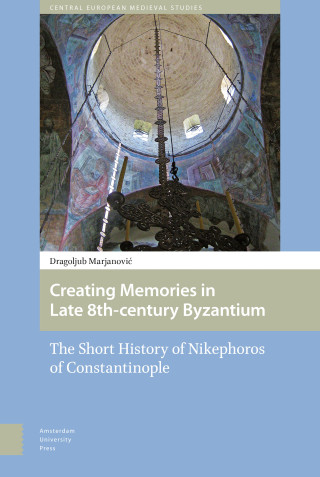
Creating Memories in Late 8th-century Byzantium
